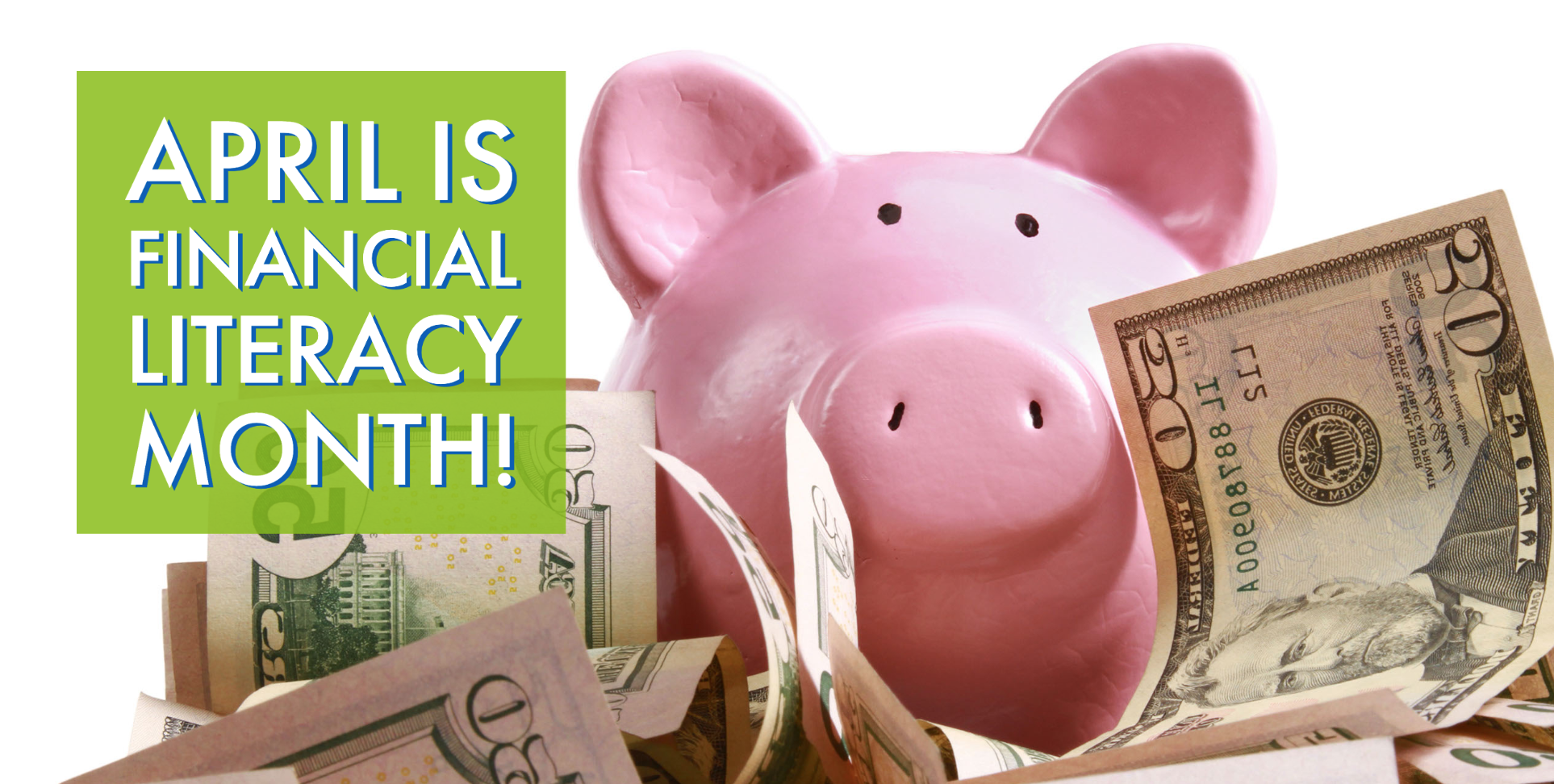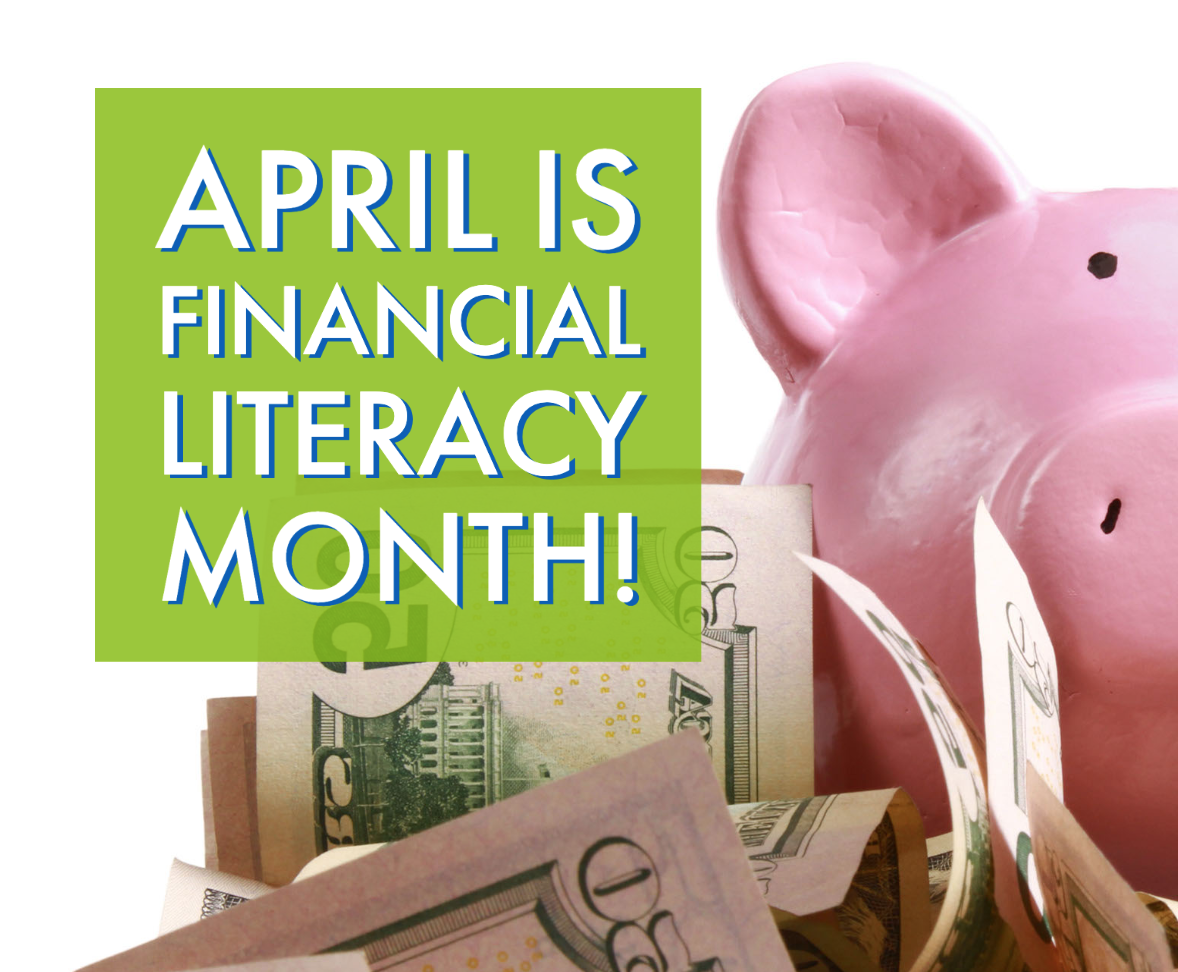April is Financial Literacy Month!
Posted on Apr 4, 2022
 In honor of this special month, here are five easy tips to help you manage your finances.
In honor of this special month, here are five easy tips to help you manage your finances.
- One of the most effective tools for preventing a large-scale financial disaster is an emergency fund. To create your emergency fund, multiply your monthly take-home pay times six to find the amount you should ideally save. Planters First Bank offers Personal Savings Account options for your long and short-term goals. Click here to learn more.
- One significant way to maintain and/or increase your credit score is to pay your bills on time. Credit scores are the result of a compilation of several different sources of data that are available in your credit report. That data falls into four distinct categories – payment history, amounts owed, length of credit history, and types of credit used.
- Enroll in your free security alerts today, a new service for all personal checking account holders who use their Planters First Bank Discover Debit card. Click here to learn more. These benefits include:
- FICO® Score— View your FICO Score and understand the factors that affect it.
- Credit Monitoring —Detects and alerts you of suspicious activity the moment it’s noticed.
- Dark Web Monitoring —Scans the dark web and notifies you if your personal information has been exposed.
- A detailed budget is an important tool to help you reach your short-term and long-term goals.
- Online & Mobile Banking with Planters First Bank can help you reach your goals: Set up alerts to keep track of your finances, stay on top of low balances, and know when and where your debit card is being used will give you peace of mind. You can do it all right from your tablet, phone, or laptop. Click here to learn more.
- A few ways you can stick to your grocery store budget is by planning before you shop, comparing prices, and only buying the things on your list. G
- One way you can illustrate the concept of budgeting to children is by using three clear jars that represent current expenses, short-term savings, and long-term savings. If you want to encourage charitable giving, you can use a fourth jar. Separating cash into jars makes it easy to compare the results of spending and saving.
 In honor of this special month, here are five easy tips to help you manage your finances.
In honor of this special month, here are five easy tips to help you manage your finances.